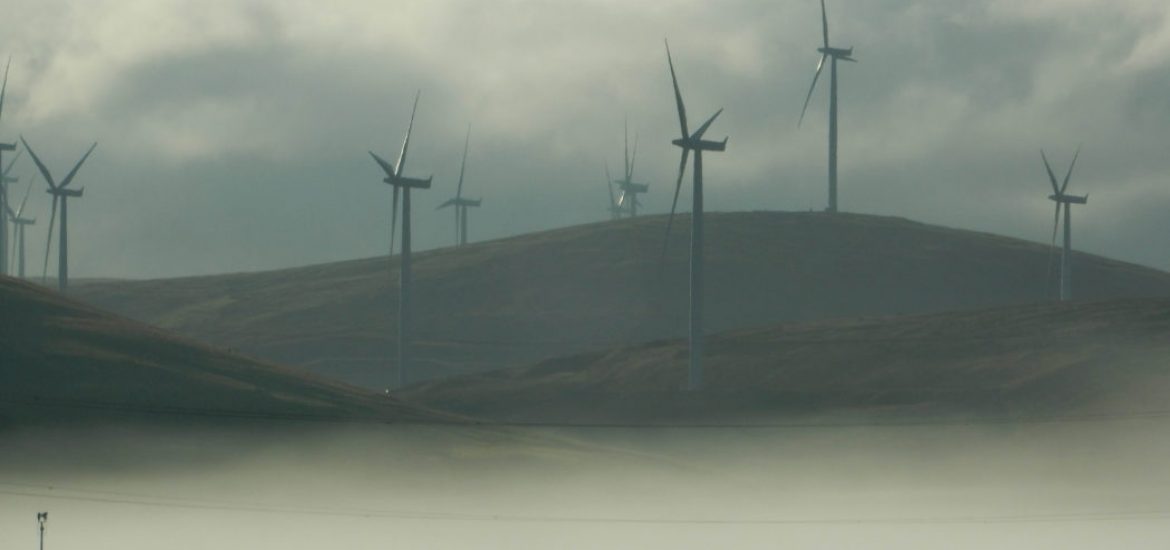
Renewable energy in Scotland faces several challenges amid an end to subsidies, rising planning fees and a shortage of new technologies.
Despite this, turnover for the Scottish renewable energy sector almost totalled £6 billion in 2017, the Office of National Statistics (ONS) reported.
Scottish Renewables, which represents the sector, said the London government’s feed-in tariffs, which supports small-scale and domestic generators, through photovoltaic panels and wind turbines, will expire in March.
Meanwhile, Scotland’s devolved administration is set to boost fees for planning applications, up to £280,000 for the biggest schemes.
The government in Edinburgh has scaled back its reforms, which would have led to fees increasing 10 times, after complaints from the industry.
Scotland’s energy minister Paul Wheelhouse said the less brutal price hike could still lead to “marginal” projects being abandoned.
The ONS reported a significant drop off in jobs, a fall of 2,500 staff, despite the sector’s multi-billion pound sales.
The final wind farms was approved in 2015, when the Conservative government in London announced that onshore wind would no longer be eligible for subsidies, and it is due to be completed during the summer.
Scottish Renewables said the supply chain would have to find new ways to make profits.
The onshore wind sector has around 8,000 staff, amounting to half of Scotland’s total renewables jobs. Many of these jobs will be at risk when the last approved project is completed later this year.
Job numbers in the renewable sector, with Scotland one of the world’s leaders, peaked at 23,900 in 2016 but dropped to 21,400 in 2017.
The sector says that some wind farms are nearing the end of their operational life with no subsidies for replacements.
About 10 per cent of the country’s largest wind farms will have reached 20 years of service by 2025 and face decommissioning, Scottish Renewables argues, with the number rising to about a third of onshore wind sites by 2030.
Jenny Hogan of Scottish Renewables said: “Individually, these issues would be worrying. Together, they present a significant threat to continued development and to the growth of a sector which provides employment and investment while reducing carbon emissions.
“The Scottish government is raising planning fees for all renewable energy projects, in some cases by almost 680 per cent, while Ofgem is proposing changes to network charging which could heavily impact renewables.”
Scotland is one of the world’s leaders in renewable energy. Picture credit: Flickr





